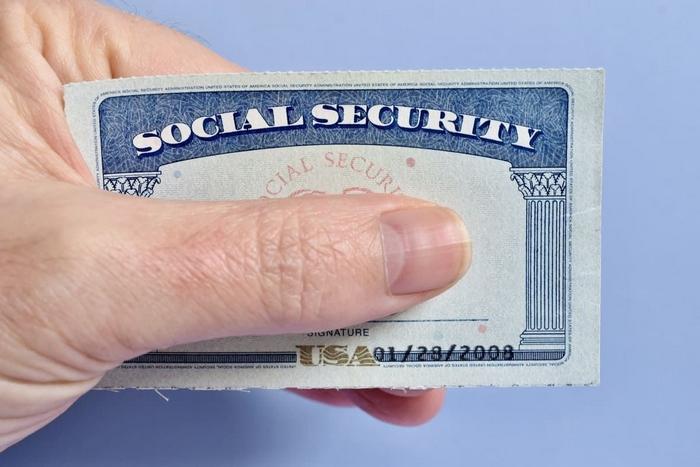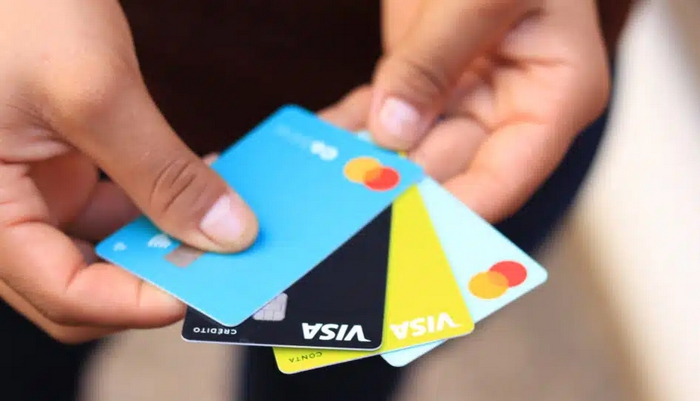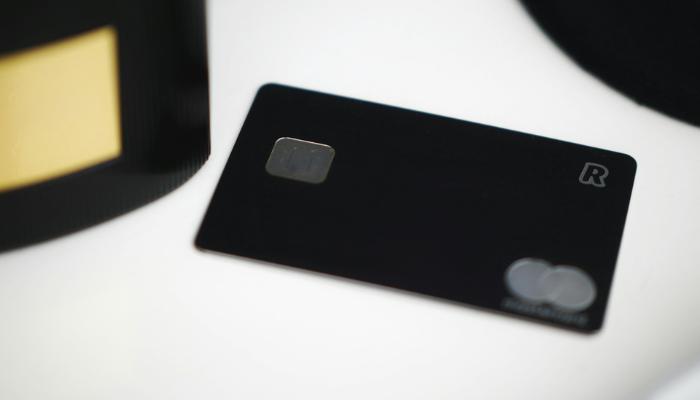When Is My Social Security Benefit Scheduled to Be Deposited?
If you’re receiving Social Security benefits, knowing exactly when the money hits your bank account is crucial. Whether you’re budgeting for rent, bills, or groceries, timing matters. And let’s be honest — nobody likes guessing when their check will arrive.
Advertising
Fortunately, the Social Security Administration (SSA) follows a set schedule. But it’s not the same for everyone. Your deposit date depends on factors like your birth date, the type of benefit you’re receiving, and whether you started getting payments before or after a specific cutoff year.
Advertising
In this complete guide, we’ll break down how Social Security deposit dates work, how to find your specific payment schedule, and what to do if a payment is late. Let’s make sure you never miss a beat — or a deposit.
Who Gets Social Security Benefits?

Advertising
First, let’s quickly cover who actually receives Social Security. It’s more than just retirees:
- Retired workers — based on your earnings history
- Survivors — like widows, widowers, and children of deceased workers
- Disabled workers — under Social Security Disability Insurance (SSDI)
- Spouses and dependents — of qualifying beneficiaries
- Seniors with limited income — under Supplemental Security Income (SSI)
Each group may have a different payment schedule. Let’s dive into how that works.
General Payment Schedule for Social Security Benefits
For most Social Security recipients, the deposit date depends on your birthday. Simple, right? Here’s how the SSA splits the payment schedule:
Social Security Retirement, Survivor, and Disability Benefits (SSDI)
If you started receiving benefits after May 1997, your payments are deposited on a specific Wednesday each month, based on your birthday:
| Birthday Range | Payment Day |
|---|---|
| 1st – 10th | Second Wednesday |
| 11th – 20th | Third Wednesday |
| 21st – 31st | Fourth Wednesday |
Example: If your birthday is on the 12th, your Social Security payment will be deposited on the third Wednesday of each month.
If You Started Benefits Before May 1997
Then you’re part of the “legacy group,” and your benefits are deposited on the third of the month, regardless of your birthday.
If the 3rd falls on a weekend or holiday, you’ll get paid on the prior business day.
Supplemental Security Income (SSI)
If you’re receiving SSI, the rules are even simpler. SSI benefits are paid on the 1st of each month.
Again, if the 1st falls on a weekend or federal holiday, your deposit will arrive on the last business day before it.
What Time Are Social Security Benefits Deposited?
Most direct deposits hit your bank account by 8:00 a.m. local time on your payment day. However, times can vary slightly depending on your bank’s processing system.
Tip: Setting up direct deposit is the fastest and most reliable way to receive your benefits. Paper checks can take longer and are more prone to issues like loss or theft.
What Happens If Your Payment Is Late?
First things first: don’t panic. Payments may occasionally be delayed due to bank holidays or processing errors.
Steps to Take If You Don’t Receive Your Deposit:
- Wait at least one full business day after the expected date.
- Check your bank account again — sometimes there are delays.
- Visit my Social Security to review your payment status.
- If needed, call the SSA at 1-800-772-1213 (TTY: 1-800-325-0778).
Also check with your bank or credit union. Some financial institutions post payments slower than others.
How to View Your Payment Schedule Online
The SSA makes it easy to check your deposit dates online.
How to Access Your Schedule:
- Go to ssa.gov/myaccount
- Log in or create your account
- Click on “Benefits & Payments”
There, you’ll see your upcoming deposit dates, benefit amounts, and more.
2025 Social Security Payment Calendar
To give you a real example, here’s part of the 2025 payment schedule for Social Security benefits:
| Birthday Range | January | February | March |
|---|---|---|---|
| 1st – 10th | Jan 8 | Feb 12 | Mar 12 |
| 11th – 20th | Jan 15 | Feb 19 | Mar 19 |
| 21st – 31st | Jan 22 | Feb 26 | Mar 26 |
The rest of the year follows the same pattern: 2nd, 3rd, or 4th Wednesday, depending on your birthday.
Other Helpful Tips About Social Security Payments
1. Use Direct Deposit
It’s faster, safer, and more reliable. The SSA even requires it for most new recipients unless there’s a special exemption.
2. Report Changes Quickly
If you move, change your bank, or have a change in income, let SSA know ASAP to avoid payment disruptions.
3. Keep Track of Federal Holidays
Payments shift around holidays. Always double-check the schedule during months with holidays like New Year’s Day, Independence Day, or Christmas.
4. Know the Difference Between SSI and SSDI
They’re not the same. SSI is based on financial need, while SSDI is based on work history. And the payment dates differ.
Frequently Asked Questions
Can I receive both SSI and Social Security?
Yes, it’s possible. In this case, your SSI will arrive on the 1st and your Social Security on your assigned Wednesday.
What if I receive a paper check?
Your delivery may take a few more days. But the same calendar applies. Switch to direct deposit if possible.
Can I change my payment date?
No. Payment dates are assigned based on SSA rules and cannot be changed.
Conclusion: Stay Ahead of Your Social Security Payments
Knowing when your Social Security benefits are deposited takes the guesswork out of your financial planning. Whether you rely on retirement, SSDI, or SSI, there’s a pattern you can follow every month.
And with tools like direct deposit and your online SSA account, it’s easier than ever to stay in control.





